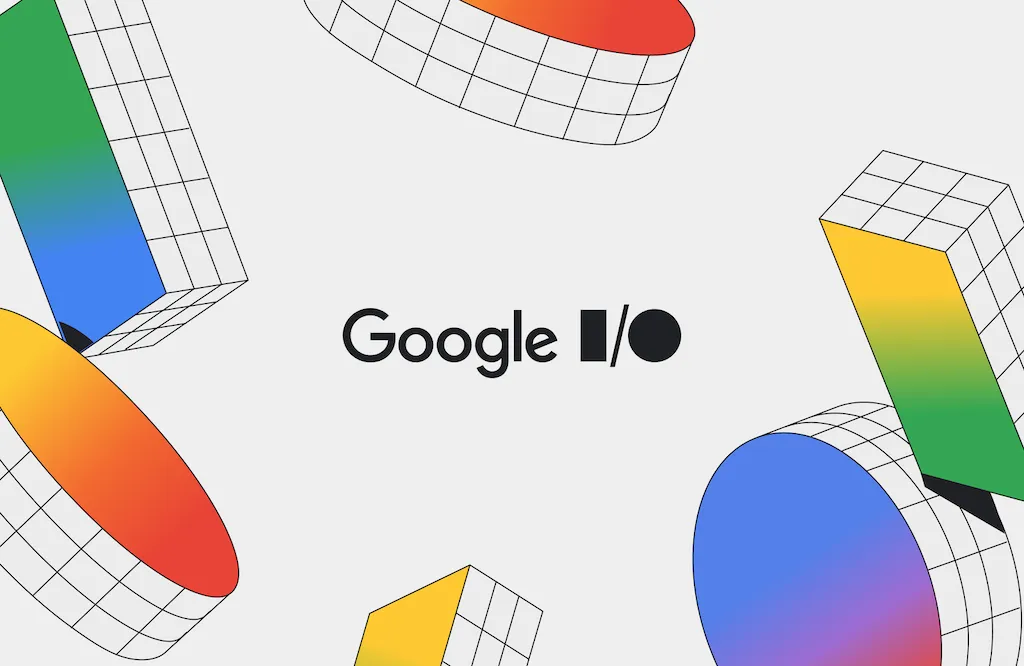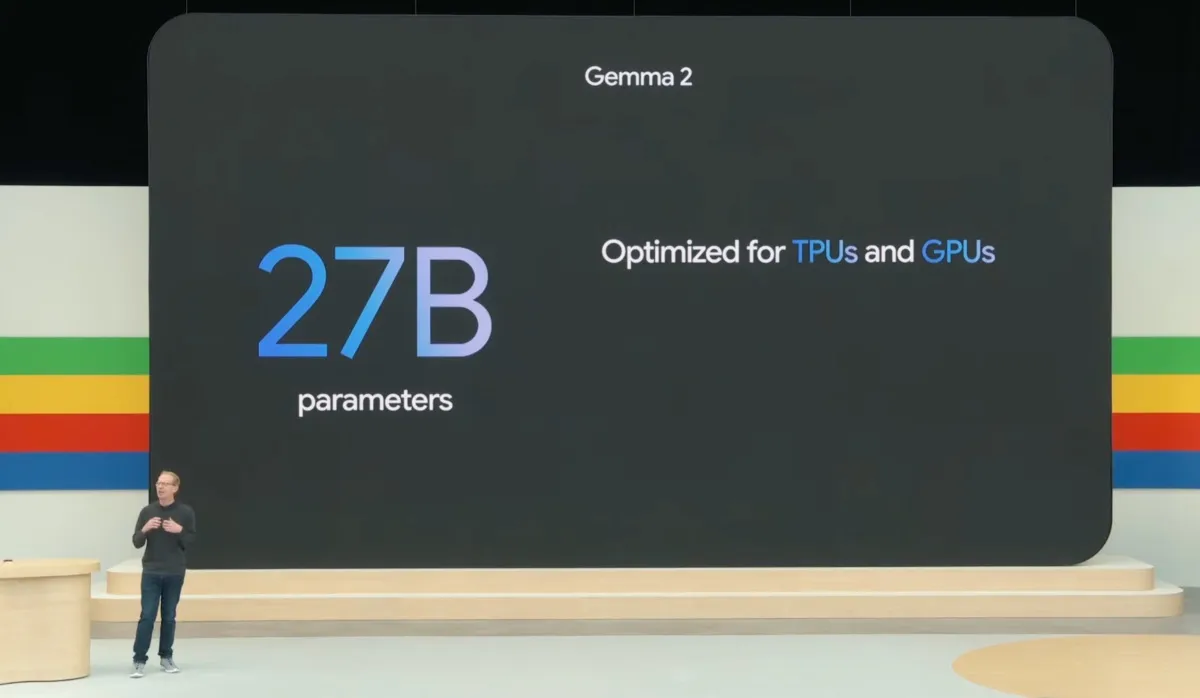
Digits at Google I/O’24
Digits at Google I/O'24: A Fusion of Innovation and Collaboration
The Google I/O and the Google Developer Conference held in Mountain View, California, have always been a beacon of new technology and innovation, and 2024 was no exception. Like last year, Digits had the privilege of being invited to participate in this global gathering of ML/AI experts. Our team of engineers was thrilled and honored to be a part of such a dynamic and forward-thinking event.
Engaging with the Developers Advisory Board
One of the key highlights for us was participating in Google’s Developer Advisory Board meeting. This not only provided us with a platform to share our insights but also allowed us to exchange ideas with Google's Developer X group and learn about upcoming products.
A Closer Look at Google’s Innovations
From Digits' perspective, several announcements and tools stood out, each promising to significantly impact our journey with machine learning and artificial intelligence. Here’s a rundown of the highlights:
Gemma 2: A Leap Forward for Open Source LLMs
Google unveiled Gemma 2, a new model designed to enhance the capabilities of open-source large language models (LLMs). What makes Gemma 2 truly remarkable is its optimization for specific instance types, which will help reduce costs and improve hardware utilization. This is a significant advancement, as it enables more efficient and cost-effective deployment of ML models, a crucial factor for any tech-driven company.

Responsible Generative AI Toolkit
Another noteworthy introduction was Google's Responsible Generative AI Toolkit. This comprehensive toolkit provides resources to apply best practices for responsible use of open models like the Gemma series. It includes:
- Guidance on Setting Safety Policies: Frameworks and guidelines for establishing robust safety policies when deploying AI models.
- Safety Tuning and Classifiers: Tools for fine-tuning safety mechanisms to ensure that AI behaves as intended.
- Model Evaluation: Metrics and methodologies for thorough evaluation of model safety.
- Learning Interpretability Tool (LIT): This tool enables developers to investigate the behavior of models like Gemma and address potential issues. It offers a deeper understanding of how models make decisions, which is crucial for transparency and trustworthiness.
- Methodology for Building Robust Safety Classifiers: Techniques to develop effective safety classifiers even with minimal examples, ensuring that AI systems can operate reliably in diverse scenarios.
LLM Comparator: A Visualization Tool for Model Comparison
The LLM Comparator is another brilliant tool that grabbed our attention. It is an interactive visualization instrument designed to analyze LLM evaluation results side-by-side. This tool facilitates qualitative analysis of how responses from two models differ, both at example- and slice-levels. For engineers and developers, this means more insightful comparisons and a stronger ability to refine and improve their models.
Reflecting on Our Experience
Being invited to Google I/O once again, especially being part of the Developer Advisory Board meeting for the second consecutive year, is a testament to the growing partnership and mutual respect between Digits and Google. We are thankful for this opportunity and excited about the collaborations and advancements that will emerge from these engagements.
Our time at Google I/O’24 was not only inspiring but also a powerful reminder of the incredible pace at which technology evolves. With tools like Gemma 2, the Responsible Generative AI Toolkit, and the LLM Comparator, we are on the brink of a new era in AI and ML development. At Digits, we look forward to integrating these innovations into our work and harnessing their potential to create transformative solutions.
Big thanks goes out to the Jeanine Banks and the entire Google team for hosting us at the Google Developer Advisory Board meeting.
* Image credits: Google
